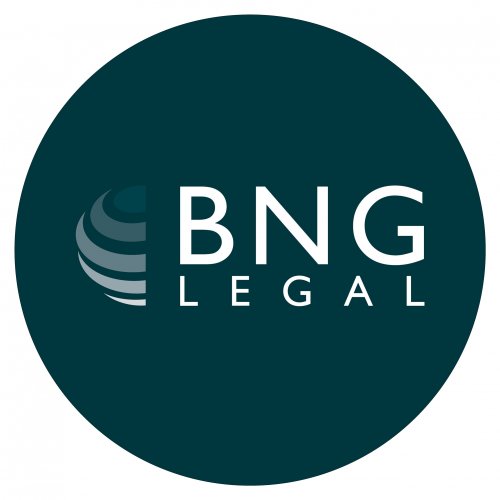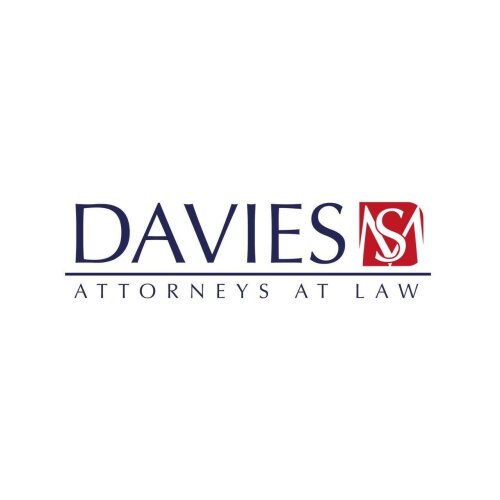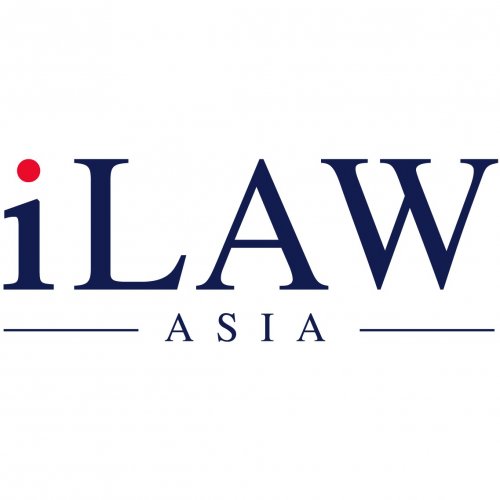Best Investment Lawyers in Phnom Penh
Share your needs with us, get contacted by law firms.
Free. Takes 2 min.
List of the best lawyers in Phnom Penh, Cambodia
About Investment Law in Phnom Penh, Cambodia:
The Cambodian Investment Law governs investment activities in Phnom Penh and throughout Cambodia. Investment Law in Cambodia is designed to promote and encourage domestic and foreign investments by offering various incentives and protections to investors. It includes all sectors and regions, with a specific reference to tourism, industry, infrastructure, and high-tech agriculture. The law encourages transparency, ensures the equal treatment of investors, and looks to improve the overall business climate.
Why You May Need a Lawyer:
Investment activities often involve complex financial transactions and legal documents that could impact one's financial health significantly. Hence, having a lawyer by your side can help you make sure that all your transactions are lawful and all your contracts have been executed correctly. A lawyer can also help you in issues related to dispute resolution, contract drafting and negotiating, intellectual property protection, and laws and regulations understanding, which are vital aspects of the investment process.
Local Laws Overview:
The Cambodian Law on Investment provides important legal protections for investors including safeguarding against nationalization, allowing repatriation of profits, and ensuring compensation in case of across-the-board nationalization or expropriation. It also comes along with a number of incentives such as tax holidays, no minimum capital requirement, and permission for 100% foreign ownership. Nevertheless, there are restrictions on foreign ownership in certain sectors and a requirement on the percentage of local employees.
Frequently Asked Questions:
What types of investments are safeguarded by the Investment Law?
The Cambodian Investment Law protects all kinds of investments including equity, reinvestments, and rights conferred by contracts, including licenses and permits according to the laws and regulations of Cambodia.
Can foreigners own land in Cambodia?
Foreigners are not legally allowed to own land in Cambodia. However, there are methods for foreigners to secure control over land, such as long-term leases and other legal arrangements.
Are there tax benefits for investors in Cambodia?
Yes, Cambodia offers a variety of tax incentives for investors such as profit tax exemptions, special depreciation allowances, and reductions on import duties.
What are the sectors where foreigners cannot invest?
Foreign investments aren't allowed in land ownership, electricity production, television stations, and radio stations.
How is the investment dispute resolution managed in Cambodia?
Most investment disputes are usually resolved through the courts, arbitration or mediation. Cambodia is a member of ICSID (International Centre for Settlement of Investment Disputes) and is a signatory to the New York Convention, which allows for enforcement of foreign arbitration awards.
Additional Resources:
The Council for the Development of Cambodia (CDC) is the main government entity in charge of managing and approving projects. It also provides support relating to contract enforcement and dispute resolution. Those interested in investing in Cambodia should refer to the CDC’s official website for more information about investment opportunities, regulations, and procedures.
Next Steps:
If you're considering investing in Cambodia or already have investments and need legal assistance, be sure to engage a legal professional familiar with Cambodian laws and regulations. They can guide you through the complexity of local laws and help protect your interests. Be sure to present all relevant details of your case to your lawyer to ensure you receive tailored advice with your specific needs taken into account.
Lawzana helps you find the best lawyers and law firms in Phnom Penh through a curated and pre-screened list of qualified legal professionals. Our platform offers rankings and detailed profiles of attorneys and law firms, allowing you to compare based on practice areas, including Investment, experience, and client feedback.
Each profile includes a description of the firm's areas of practice, client reviews, team members and partners, year of establishment, spoken languages, office locations, contact information, social media presence, and any published articles or resources. Most firms on our platform speak English and are experienced in both local and international legal matters.
Get a quote from top-rated law firms in Phnom Penh, Cambodia — quickly, securely, and without unnecessary hassle.
Disclaimer:
The information provided on this page is for general informational purposes only and does not constitute legal advice. While we strive to ensure the accuracy and relevance of the content, legal information may change over time, and interpretations of the law can vary. You should always consult with a qualified legal professional for advice specific to your situation.
We disclaim all liability for actions taken or not taken based on the content of this page. If you believe any information is incorrect or outdated, please contact us, and we will review and update it where appropriate.












